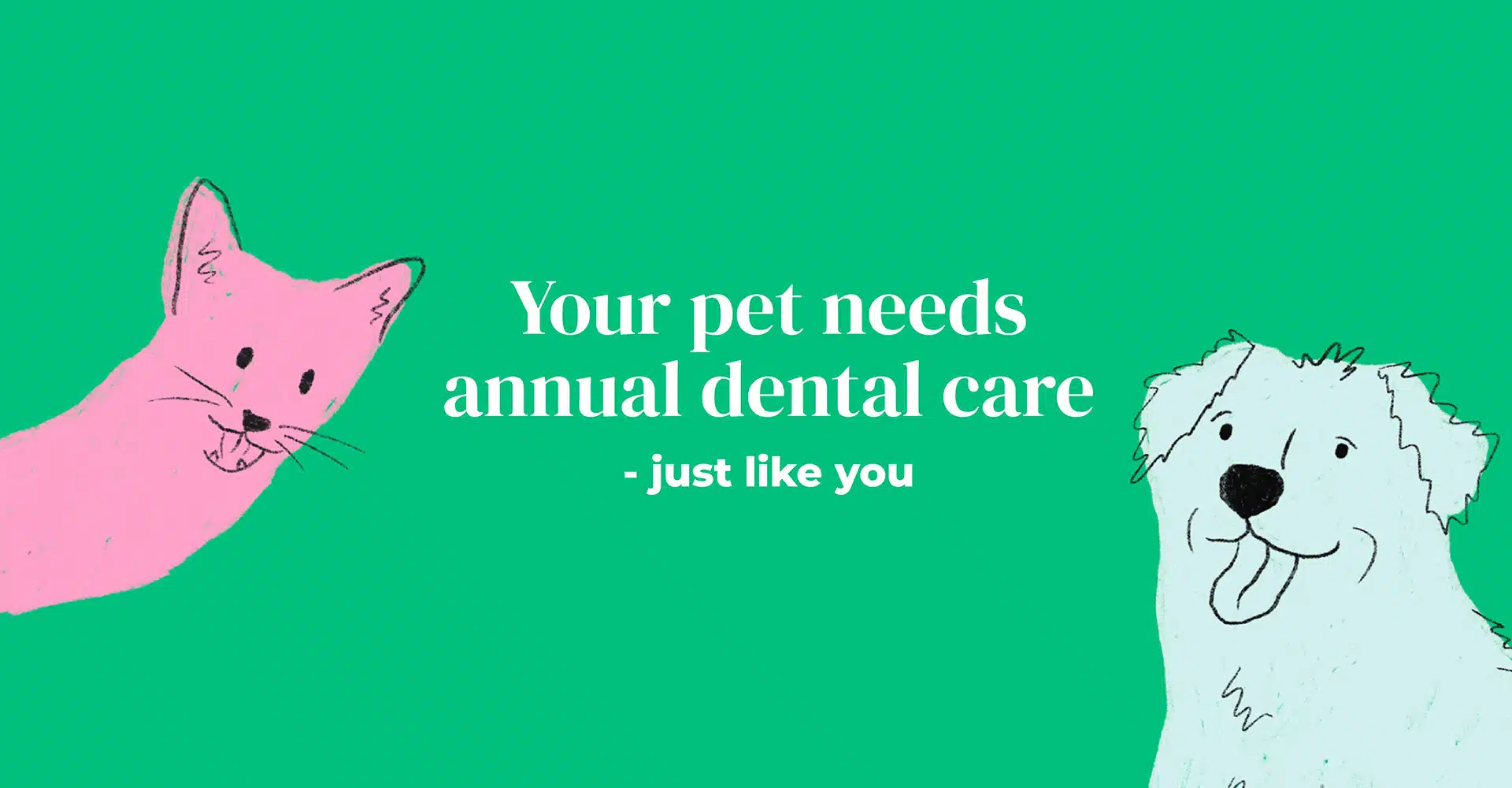Unfortunately, any diseases or problems with your pet’s old ticker can sometimes only seem to come to light when the disease has progressed, and the physical symptoms become obvious. A pet’s heart can develop disease just like in humans, but early detection and treatment can make a huge difference to quality of life. We can look out for our furry child through keeping an eye out for the symptoms of heart disease and being proactive in treating it. In many cases, the way we can help our pet’s heart, will help our own as well.
The facts about heart disease
Heart problems can be congenital (present at birth) in pets, however, this is rare in both cats and dogs. Generally this is detected at a young age, and appropriate veterinary care and regular check-ups can be put in place to keep track of the problem and manage it as best we can.
Later in life, heart disease can develop due to the pets age (and progression of some heritable heart problems like valvular disease) or underlying existing health conditions such as an overactive thyroid gland in cats. These diseases require examination and diagnosis by your veterinarian. Through regular check-ups, medication in most cases and a management plan, you can help your pet live a joyful and comfortable life.
Signs and symptoms
Heart disease generally means the heart is no longer able to function normally. Therefore, the heart often has to work double time to try to meet the bodies needs and, without treatment, may start to fail. The symptoms caused by heart disease may include:
- Loss of appetite
- Noticeable weight loss or gain
- A rapid or irregular heartbeat
- Weakness and fatigue during exercise
- Coughing, often at night
- An enlarged abdomen
- Depression
How can YOU help prevent heart disease?
By following the below steps, you can help your pet slow the progression of disease:
Regular exercise: For dog owners, this is a perfect way to give both you and your pet’s heart muscles some time to strengthen. Getting outdoors works wonders for physical and mental health. Cats can be encouraged to get active through indoor play with toys such as toy mice or fluffy toys.
Healthy diet: High-quality pet food is vital for their overall health, especially when it comes to keeping a healthy and strong heart. We recommend a diet that includes omega-3 fatty acid. The best option would be to talk to your veterinarian or veterinary nurse about the best diet for your pet.
Preserve those pearly whites: Any bacteria that develop in your pet’s mouth can travel through the bloodstream and cause damage to the heart, in particular the valves. Regular check-ups are important; however, you can also brush your pet’s teeth with specially designed toothbrush and toothpaste. Do not use human toothpaste on animals.
Maintain a healthy weight: Always try to keep your pet at a lean weight. A larger sized animal means that there is extra fat surrounding the heart. As a result, the heart is working harder due to this unwanted pressure.
For humans and animals, healthy hearts are the key to a long life. Now is the perfect opportunity to start getting active to help you both stay in tip top shape. If you need any assistance with your pet’s heart health or general wellbeing, please talk to us the next time you visit our clinic.


